The discussion "Intelligent Generation NOW - Contemporary Intelligent Generation" within the framework of the Autumn Economic Forum (HEF) 2025 (taking place from November 25-27) attracted representatives of state management agencies, international organizations, technology enterprises and hundreds of young people.
Chairman of the Ho Chi Minh City People’s Committee Nguyen Van Duoc emphasized that the goal of this year’s HEF is to inspire the young generation and clarify their role in “dual transformation”, both digital and green transformation for sustainable development. The city hopes that through the discussions, perspectives from young people, experts and businesses will contribute to shaping policies on digital human resources, especially in the field of artificial intelligence (AI).
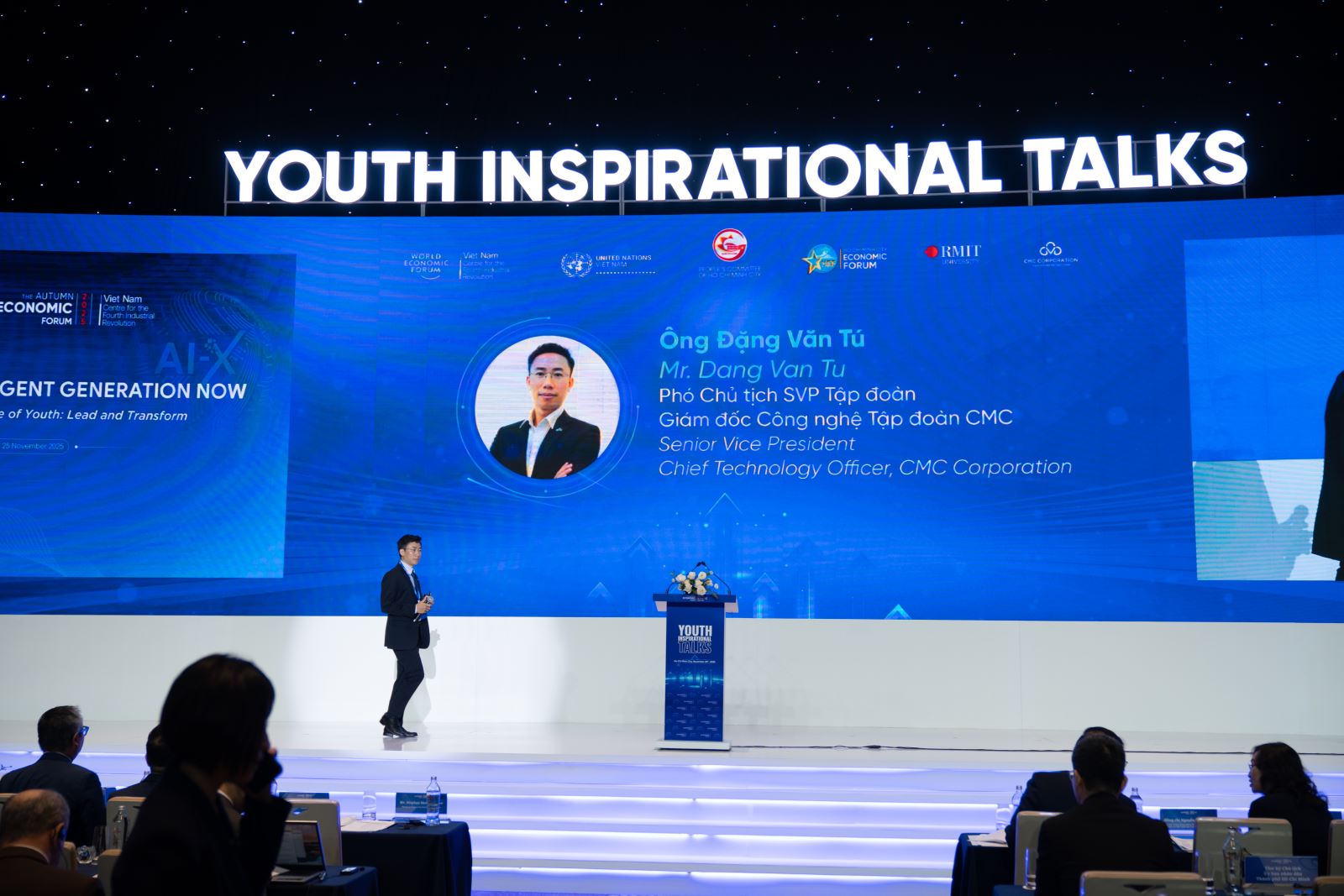
Mr. Stephan Mergenthaler, Managing Director of the World Economic Forum (WEF), shared that the world is entering a period where AI, green economy and deep technology impact every decision of the government and businesses; calling on young Vietnamese people not only to stop at the role of "technology users", but to become a creative force, participating in shaping policies and products for the future.
The youth exchange session was moderated by UNESCO Representative in Vietnam, Mr. Jonathan Wallace Baker, with the participation of many outstanding young faces: Entrepreneurs, social activists, students and young scientists. The stories of technology startups, AI applications in education, health, environment... show a generation that is confident in integration, but also faces the pressure of lifelong learning and constantly updating new skills.
In an inspirational speech session with the theme “AI for everyone and the role of youth in leading the transformation”, Mr. Dang Van Tu, Vice President SVP/Chief Technology Officer (CTO) of CMC Technology Group, said that Vietnamese youth are facing “unprecedented opportunities” to make a breakthrough in the field of AI, but the gap in skills and infrastructure remains a big challenge.
From the perspective of technology enterprises, Mr. Tu proposed four groups of policies and cooperation models to expand AI human resources at the national level, including: Building a national AI skills competency framework. Accordingly, this framework needs to clearly describe the competency groups that students, engineers, civil servants and experts must achieve at each level. When there are common standards, universities, training institutions and enterprises can design "matching" programs, helping AI training and skills development to be deployed quickly and synchronously nationwide.
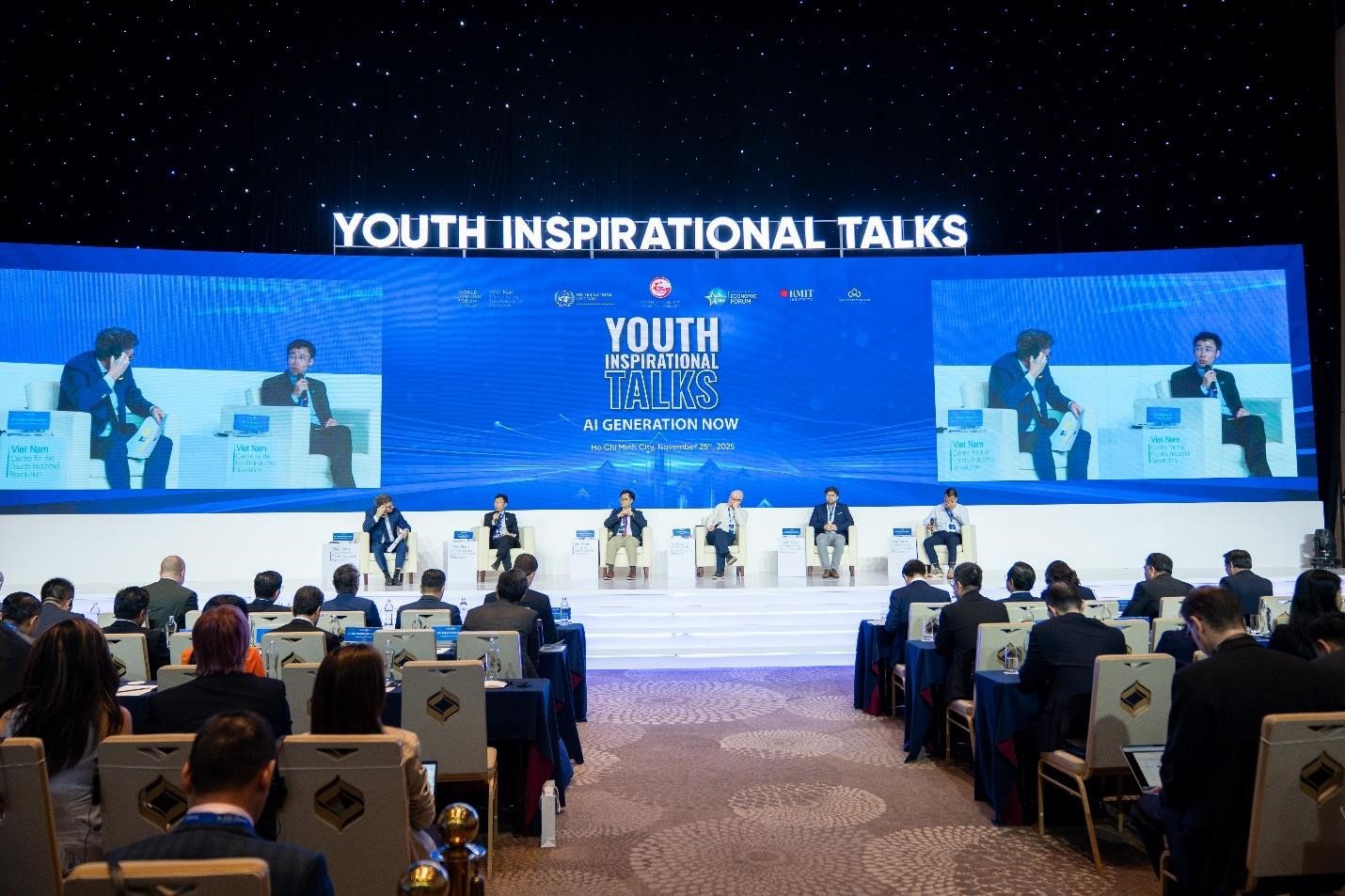
Next is the innovation of university-enterprise cooperation models. Universities often update theories quickly, while businesses have real data, real infrastructure and real problems. An effective model is “co-teaching”: Universities take care of the foundation, businesses bring AI labs, data sets, real projects and career paths into the classroom. CMC is implementing this approach with CMC University and some partners, but it needs to be expanded on a national scale.
At the same time, investing in open AI infrastructure for training and testing. “AI skills cannot develop if young people do not have access to GPUs, data, sandboxes and public AI platforms to build agents, models and applications,” Mr. Tu emphasized.
Finally, strengthen global cooperation in AI training and research. Vietnam promotes cooperation with leading technology corporations and research labs to jointly train LLM (Large Language Modeling) engineers, AI safety experts and teams to build AI governance frameworks. It is impossible to talk about digital sovereignty and AI sovereignty without a team of Vietnamese people capable of mastering the system and the rules of the game.
“These four pillars will not only help Vietnam have more engineers, but more importantly, form a generation of talent that can design and lead AI solutions for the entire region,” said Mr. Tu.
In the session “Talent development policy in the digital age”, experts, UNESCO representatives, international universities and Vietnamese enterprises discussed in depth how to build a high-quality human resource team.
Mr. Dang Van Tu emphasized the role of Vietnam's proactive participation in global frameworks such as the Global Digital Compact and UNESCO's recommendations on AI ethics. This is important in three aspects: Building international trust; Creating a foundation for cross-border cooperation; Shaping Vietnam's strategic identity in the AI era.
At the end of the discussion, the message “AI Generation NOW – Action from today” was emphasized: With the right policy framework, open infrastructure and the support of pioneering digital business partners, the young generation of Vietnam can completely not only keep up, but also contribute to writing the “new rules of the game” of the AI era.
Source: https://baotintuc.vn/xa-hoi/gioi-tre-ban-ve-tri-tue-nhan-tao-dao-duc-so-va-tuong-lai-nhan-tai-viet-nam-20251125194246163.htm








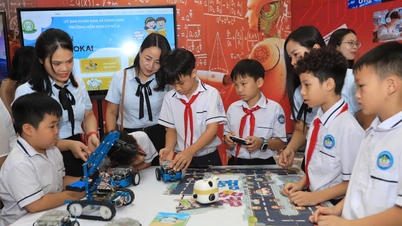

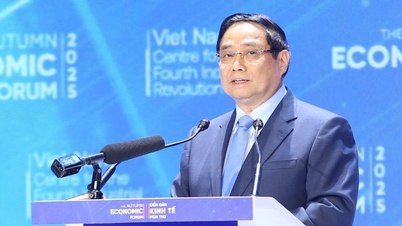

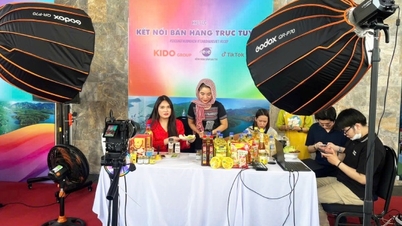

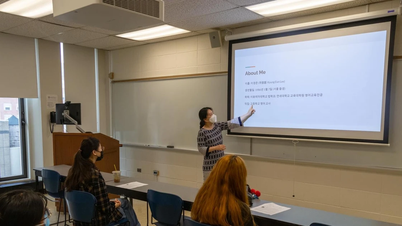



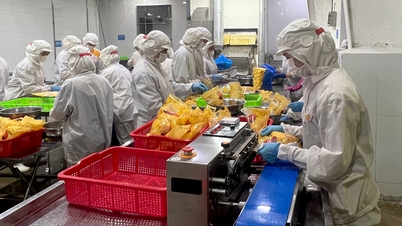

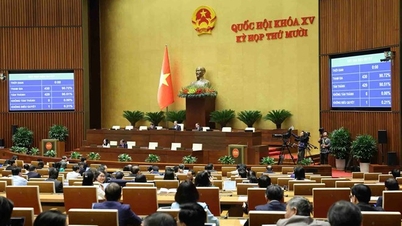

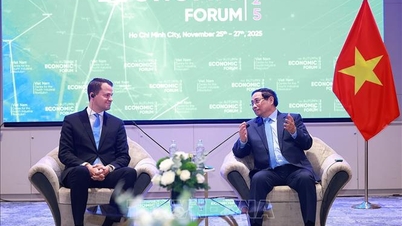


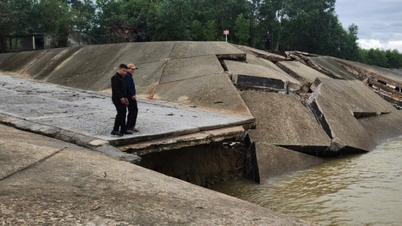

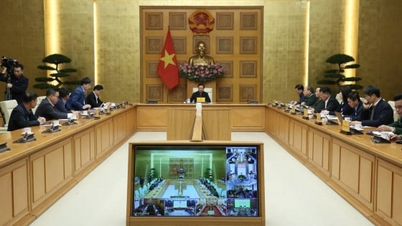




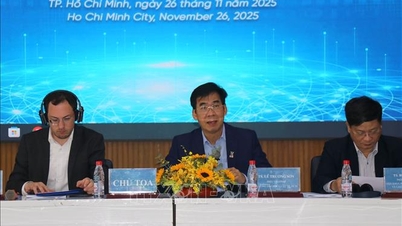


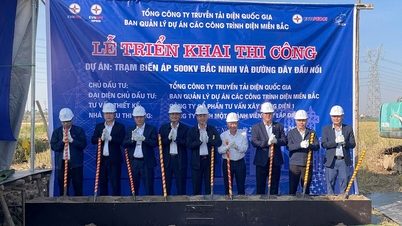
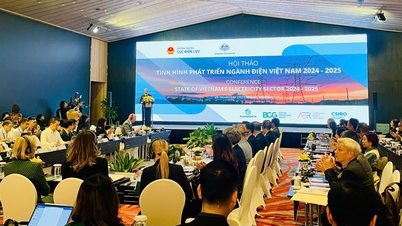



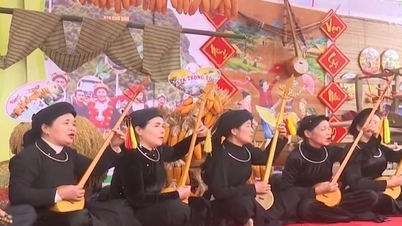



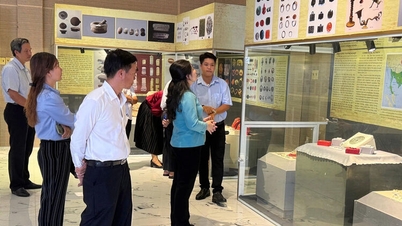



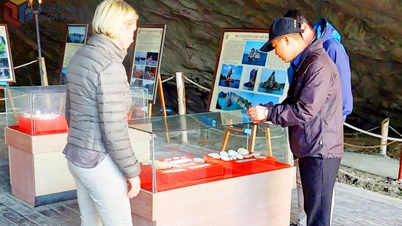

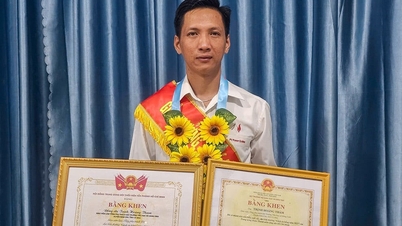

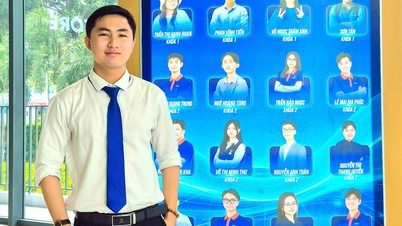

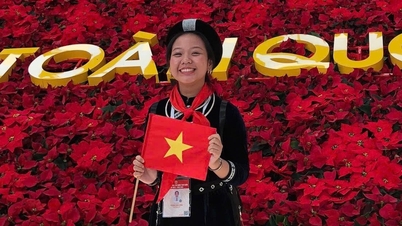

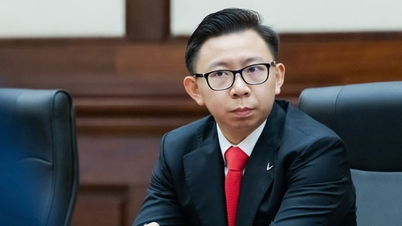
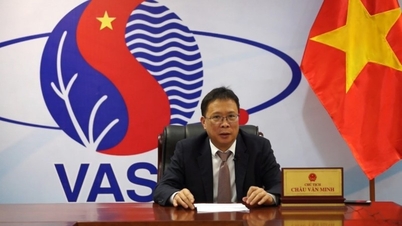
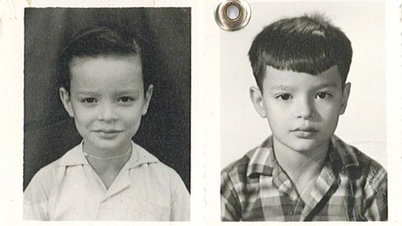

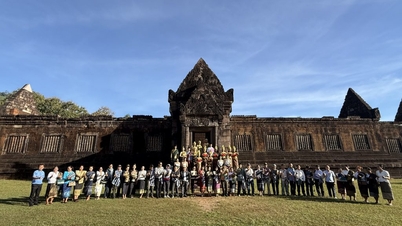


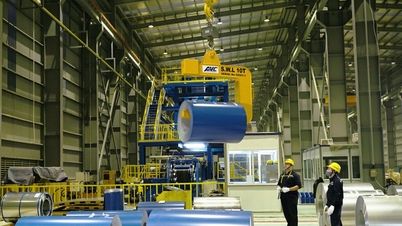
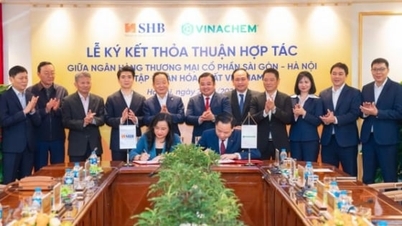
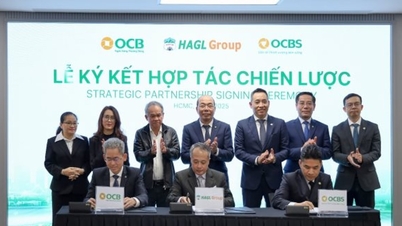










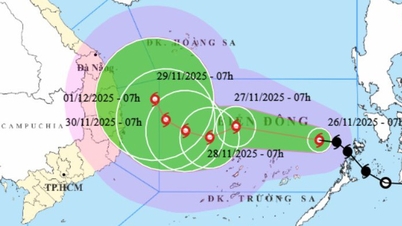
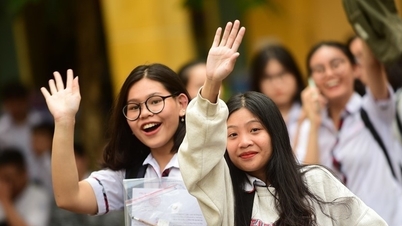
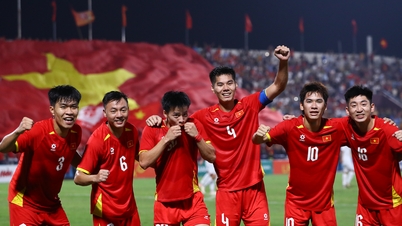
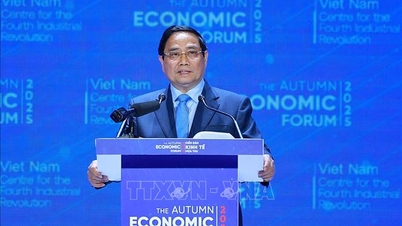
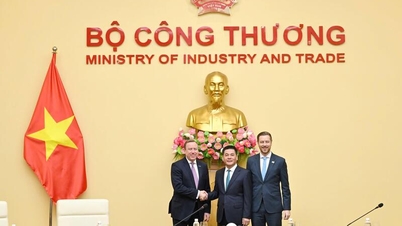

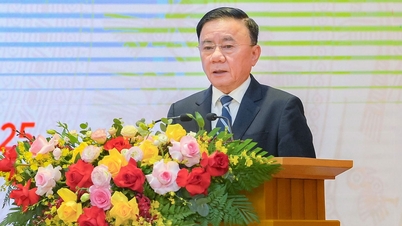

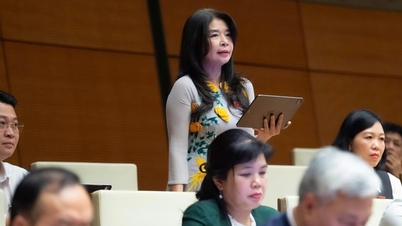


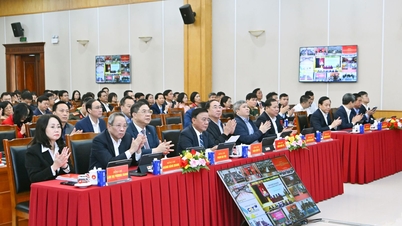
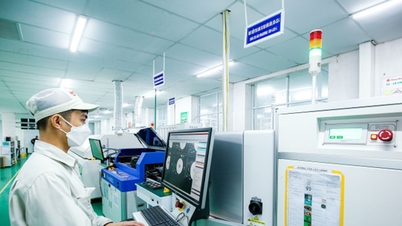

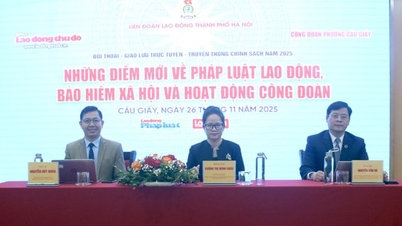

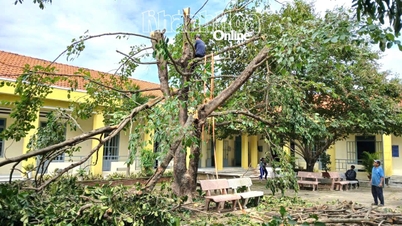


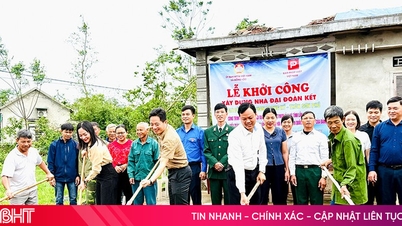

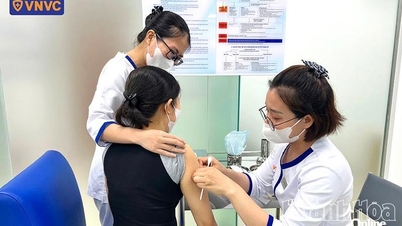















Comment (0)